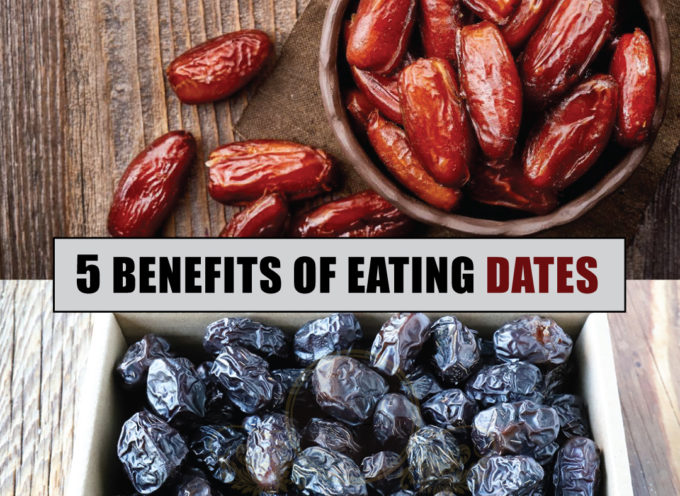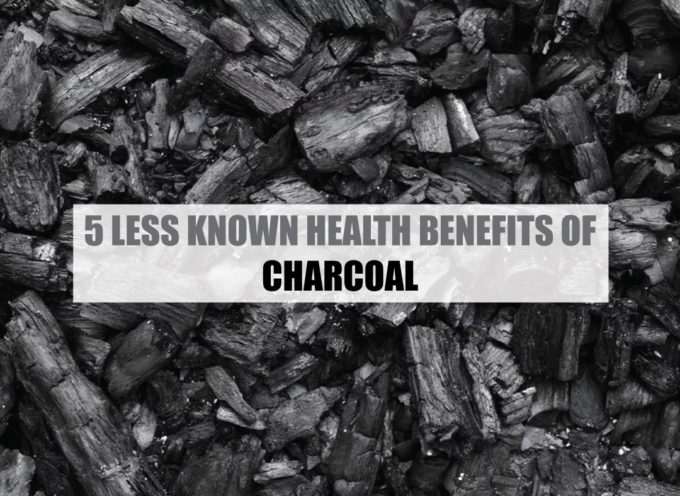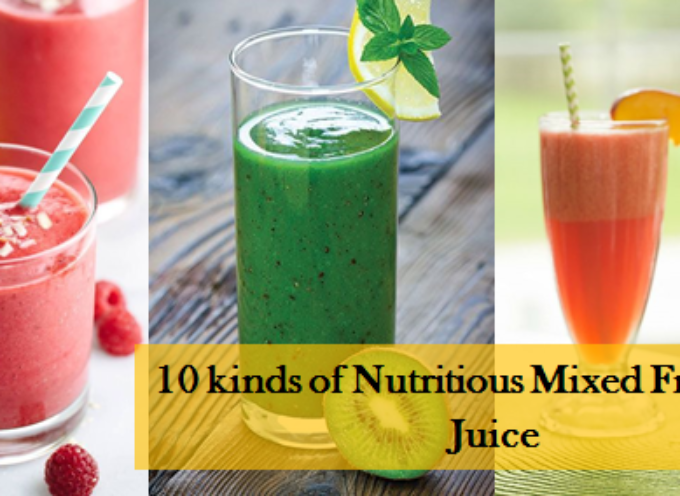Research shows that up to 50% of cancer cases and about 50% of cancer deaths are preventable with the knowledge we have today. Prevention and early detection are more important than ever and are proven, effective strategies to lower health care costs.
AVOID SMOKING OR ANY TOBACCO PRODUCTS
Smoking kills up to half of long-term users. Not only it is the single biggest risk factor for lung cancer but tobacco use is also linked to various other cancers like breast cancer and that inhaling second-hand smoke may cause cancer of the throat and nose. If you smoke, deciding to quit could save your life and people surrounding you. Take it slow no problem.

Photo Credit : healthxchange
BE PHYSICALLY ACTIVE
There are a number of biological mechanisms which physical activity might protect against cancer. These include effects of physical activity on blood sugar levels called insulin and other related hormones, inflammation, and immune function, all of which contribute to cancer. Physical activity also helps keep you from gaining weight and helps in maintaining a healthy body weight. Aim to get at least 30 minutes of moderate physical activity every day. Sweat it out! Being physically active contributes to a healthy lifestyle which can reduce your risk of cancer.
HAVE A HEALTHY DIET
Your diet has a powerful effect on your health, including your chance of getting cancer. Limiting your intake of foods that are high in sugar, salt and fat while increasing your consumption of fruit, vegetables and whole grains can help to maintain a healthy lifestyle and reduce your risk of cancer. Fruit and vegetables are a vital part of a healthy diet. Eating lots of fibre will also reduce your risk of bowel cancer. Choose wholegrain food whenever possible.
SAY NO TO ALCOHOL
Drinking alcohol can cause at least six types of cancer: mouth, oesophagus, throat, liver, colon, and breast. Not drinking alcohol is better for cancer prevention. If you do drink alcohol, limit your intake of alcohol. The breakdown of alcohol in our bodies can also generate harmful molecules called reactive oxygen species. These molecules can damage DNA and proteins. There is no ‘safe’ level of drinking, but the risk of cancer is lower the less alcohol you drink.
AVOID TOO MUCH SUN
Skin cancer is one of the most preventable cancer. Seek for shade between 11 am and 3 pm. Cover up by wearing a t-shirt with a collar and long sleeves with a sun hat always. Do not forget to put on sunscreen on face, hands and legs all the time when you are outside. (minimum of SPF30)

Photo Credit : healthprep
AVOID RADIATION
Radon is a natural radioactive gas that occurs in the Earth’s crust. Exposure to radon increases our risk of lung and brain cancer, the more exposure the greater the risk. Take action to ensure that you are not exposed to radiation in your home through naturally occurring radon. Frequent using of electrical gadgets like laptop and handphones can lead to high radiation passing to your body.
GET VACCINATIONS
Few people associate infection with cancer, but nearly one-fifth of all cancers in the world are caused by infectious agents. Some cancers are spread by viruses and bacteria. Ensure your children take part in vaccination programmes for Hepatitis B (for newborns) and HPV for girls over 12 years.
GET SCREENED FOR CANCER
Screening is checking for any conditions that may lead to cancer in people who may have no symptoms. Screening can also make it possible to use less severe treatment methods if the cancer is detected early enough. For some cancers, such as cervical cancer and bowel cancer, screening can actually prevent the cancer from developing.

Photo Credit : nationalcancerinstitute








No comments!
There are no comments yet, but you can be first to comment this article.